Humans
Sign up for our newsletter
We summarize the week's scientific breakthroughs every Thursday.
-
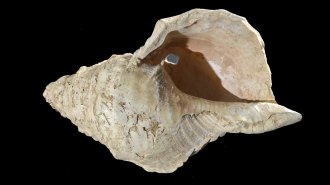 Archaeology
ArchaeologyHumans made a horn out of a conch shell about 18,000 years ago
Ancient find may have sounded off during rituals in a cave adorned with wall art.
By Bruce Bower -
 Health & Medicine
Health & MedicineHow coronavirus variants may drive reinfection and shape vaccination efforts
New coronavirus variants could infect people who have already recovered from COVID-19 or been vaccinated, but there are still many unknowns.
-
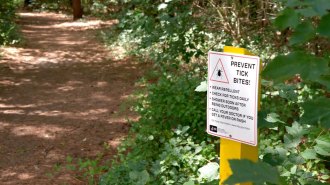 Health & Medicine
Health & MedicineThe animals that ticks bite in the U.S. South can impact Lyme disease spread
Ticks in the north primarily attach to mice, which do a good job of infecting them with Lyme bacteria, setting up the spread to people.
-
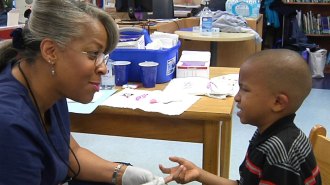 Health & Medicine
Health & MedicineNearly half a million U.S. children missed out on lead tests in early 2020
A big drop in routine lead tests, which can identify children with elevated blood levels, is another troubling sign of the pandemic’s toll.
-
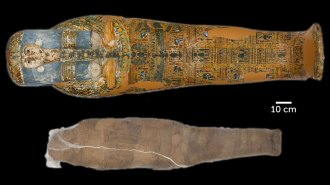 Archaeology
ArchaeologyAn ancient Egyptian mummy was wrapped in an unusual mud shell
Commoners in ancient Egypt may have used mud in place of expensive resin to imitate royal mummification techniques.
-
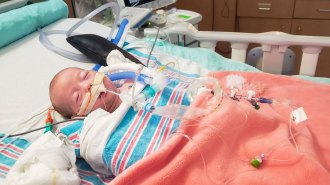 Health & Medicine
Health & MedicineCOVID-19 precautions may be reducing cases of flu and other respiratory infections
The same efforts to prevent COVID-19’s spread can keep other respiratory infections at bay. But once we go back to normal, outbreaks could be larger.
-
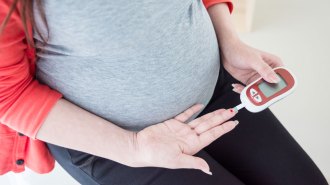 Health & Medicine
Health & MedicineDiabetes during pregnancy is tied to heart trouble later in life
Gestational diabetes may increase a woman’s risk of having hardened arteries later in life, a long-term study finds.
-
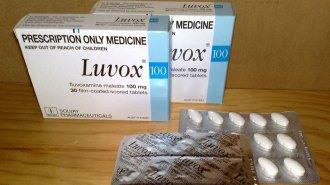 Health & Medicine
Health & MedicineThe antidepressant fluvoxamine could keep mild COVID-19 from worsening
Newly infected patients who chose to take fluvoxamine quickly recovered, while 12.5 percent who didn’t wound up hospitalized.
-
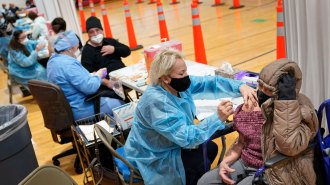 Health & Medicine
Health & MedicineWhat do COVID-19 vaccines mean for daily life in the months ahead?
Effective COVID-19 vaccines are a ray of hope. But masks and distancing are still necessary, especially with contagious variants spreading.
-
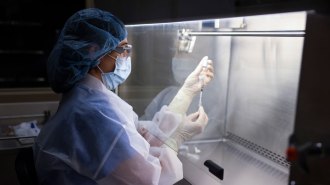 Health & Medicine
Health & MedicineOne-shot COVID-19 vaccine is effective against severe disease
The effectiveness of Johnson & Johnson’s vaccine at preventing hospitalization and death holds up against a South Africa variant of the coronavirus.
-
 Health & Medicine
Health & MedicineNovavax’s COVID-19 vaccine is effective, but less so with some variants
Novavax’s vaccine fends off the original coronavirus and a U.K. variant, but had more trouble with a South Africa variant.
-
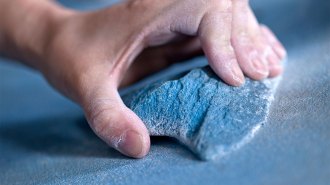 Anthropology
AnthropologyHumanlike thumb dexterity may date back as far as 2 million years ago
A computer analysis suggests early Homo species developed a powerful grip, giving them an evolutionary edge over some other tool-using hominids.
By Bruce Bower